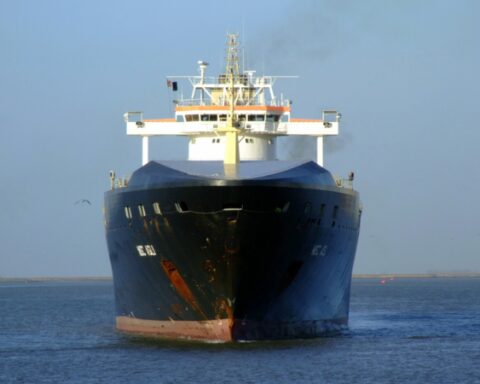The Houthi rebels in Yemen have cut undersea cables connection Europe to Asia, causing major communications disruption.
The Houthis’ attacks on shipping have already caused great stress on the world economy. Ships now need an additional two weeks to make the voyage from Europe to Asia by going around Africa. The Jerusalem Post reports:
Four underwater communications cables between Saudi Arabia and Djibouti have been struck out of commission in recent months, presumably as a result of attacks by Yemen’s Iranian-backed Houthi rebels, according to an exclusive report in the Israeli news site Globes.
The successful targeting of the four cables, which are believed to belong to the AAE-1, Seacom, EIG, and TGN systems, marks a serious disruption of communications between Europe and Asia.
In World War I, the British Navy’s first act was to cut Germany’s undersea cable to America. This was a major win for Britain, who was able to control all transmissions to the Americas, including propaganda to influence Americans. Naval News reports on this renewed threat:
An unseen threat is lurking beneath the surface. The suspected Houthi attacks on undersea cables in the Red Sea are a timely reminder of a new reality. The age of seabed warfare, where undersea infrastructure will increasingly be targeted, has arrived.
Predicting the future is always tricky, yet the direction here is clear. Recent situations in the Baltic, North Sea, Black Sea and now the Red Sea point to a change in way wars, and hybrid warfare, will be fought. Attacks on undersea infrastructure will likely become more common, even expected.
Satellites are developed enough that they can sustain a greater flow of communications, but probably not enough for today’s Information Age. The world is returning to a 19th century great power competition model, and the American people need to be ready for it.
READ NEXT: CIA’s Role in Ukraine Revealed









